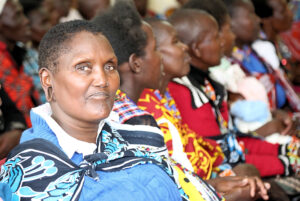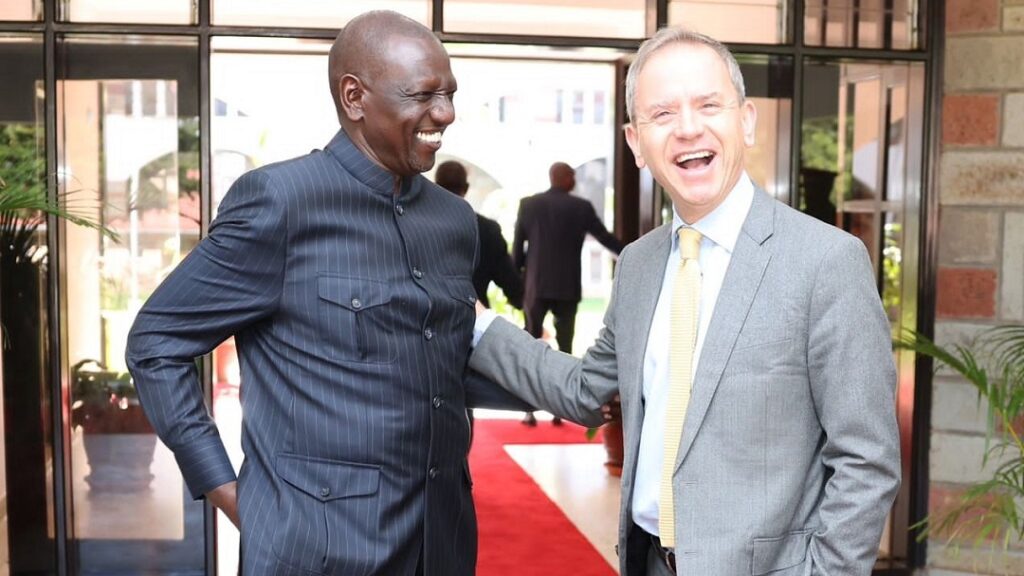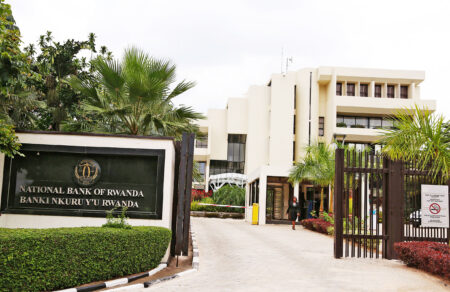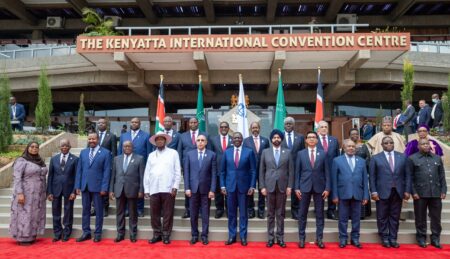- UN Resident Coordinator in Kenya, Stephen Jackson, says the Africa Climate Summit goes beyond rhetoric—it’s about financing.
- Financing at scale to bring Africa’s climate solutions to the global marketplace is contingent on private sector participation.
- Currently, access to capital is limited, and when available, it often comes at a prohibitively high cost.
In Nairobi Kenya, a pivotal event is unfolding: the Africa Climate Summit 2023. Co-organized by the African Union (AU) and the Government of Kenya, this summit carries profound significance as it takes center stage in a continent on the frontlines of the climate crisis.
UN Resident Coordinator in Kenya, Stephen Jackson, summarizes the essence of this summit in his remarks, emphasizing that this event goes beyond rhetoric—it’s about financing. According to Jackson, here’s why the Africa Climate Summit’s focus on financing is of paramount importance.
Africa: A Crucible of Challenges and Solutions
Africa’s unique position in the climate crisis presents a paradox. While the continent contributes the least globally to carbon dioxide and greenhouse gas emissions, it bears the brunt of climate change impacts. Droughts, rising temperatures, and diminishing water resources have taken a devastating toll on African economies.
Yet, Africa is also where solutions to these global challenges are taking root. The vast Congo rainforest, often dubbed the planet’s second lung, and its abundant renewable energy resources stand as a testament to the continent’s potential to drive change. Kenya itself has made remarkable strides, with 93 percent of its electricity sourced from green energy.
Moreover, Africa boasts an unparalleled endowment of arable land that can potentially feed the world. In essence, Africa is the crucible of climate solutions, and Kenya, among others, is at the forefront of reshaping the narrative, notes Jackson.
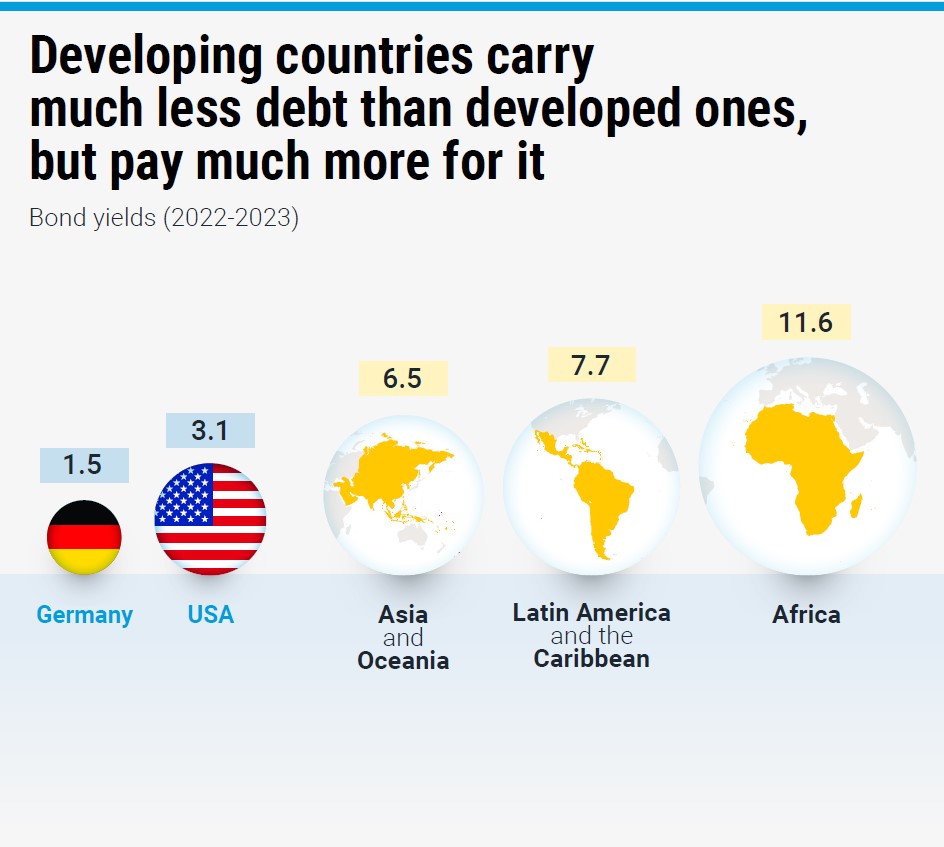
Role of Financing and the Private Sector
While acknowledging the importance of key agendas such as loss and damage and climate adaptation, Jackson highlights the pressing need to move beyond these vital discussions.
The next phase is for Africa to not only provide solutions for itself but also to scale these solutions internationally. This necessitates substantial financing on reasonable terms.
Enter the private sector. Financing at scale to bring Africa’s viable climate solutions to the global marketplace is contingent on private sector participation. Currently, access to capital is limited, and when available, it often comes at a prohibitively high cost.
The vision set forth by President William Ruto and the AU for this climate summit extends beyond traditional agendas. It seeks to address the core challenge—bringing in financing at scale.
The goal is to facilitate the transition of Africa’s climate solutions into a global marketplace, where they can make a tangible impact.
Read Also: Kenya facing 79 percent climate change financing gap
Africa’s Lessons for the World
Jackson underscores the fact that Africa has been at the forefront of the climate crisis for decades, making significant strides in adaptation and green energy adoption.
Africa’s commitment to preserving vital ecosystems, such as the Congo rainforest, stands as an example of its dedication to environmental sustainability.
This summit spotlights the need to attract the financing required to scale up these African solutions. It serves as a call to action for the developed world to fulfill its promise on two fronts: reducing its carbon dioxide emissions and providing adequate financing for loss and damage as well as climate adaptation.
In closing, Jackson, along with UN Secretary-General Antonio Guterres and Deputy General Amina Mohammed, emphasizes the urgency of addressing the cost of capital and the inequities embedded in the current international financing system.
The cost of capital must decrease, and the flow of capital to Africa must increase to ensure that Africa’s solutions can be rapidly deployed on an international scale.
In essence, the Africa Climate Summit 2023 is more than just another international gathering—it is a financing summit with the potential to reshape the trajectory of climate action, unlocking Africa’s formidable potential to drive sustainable change on a global scale.

